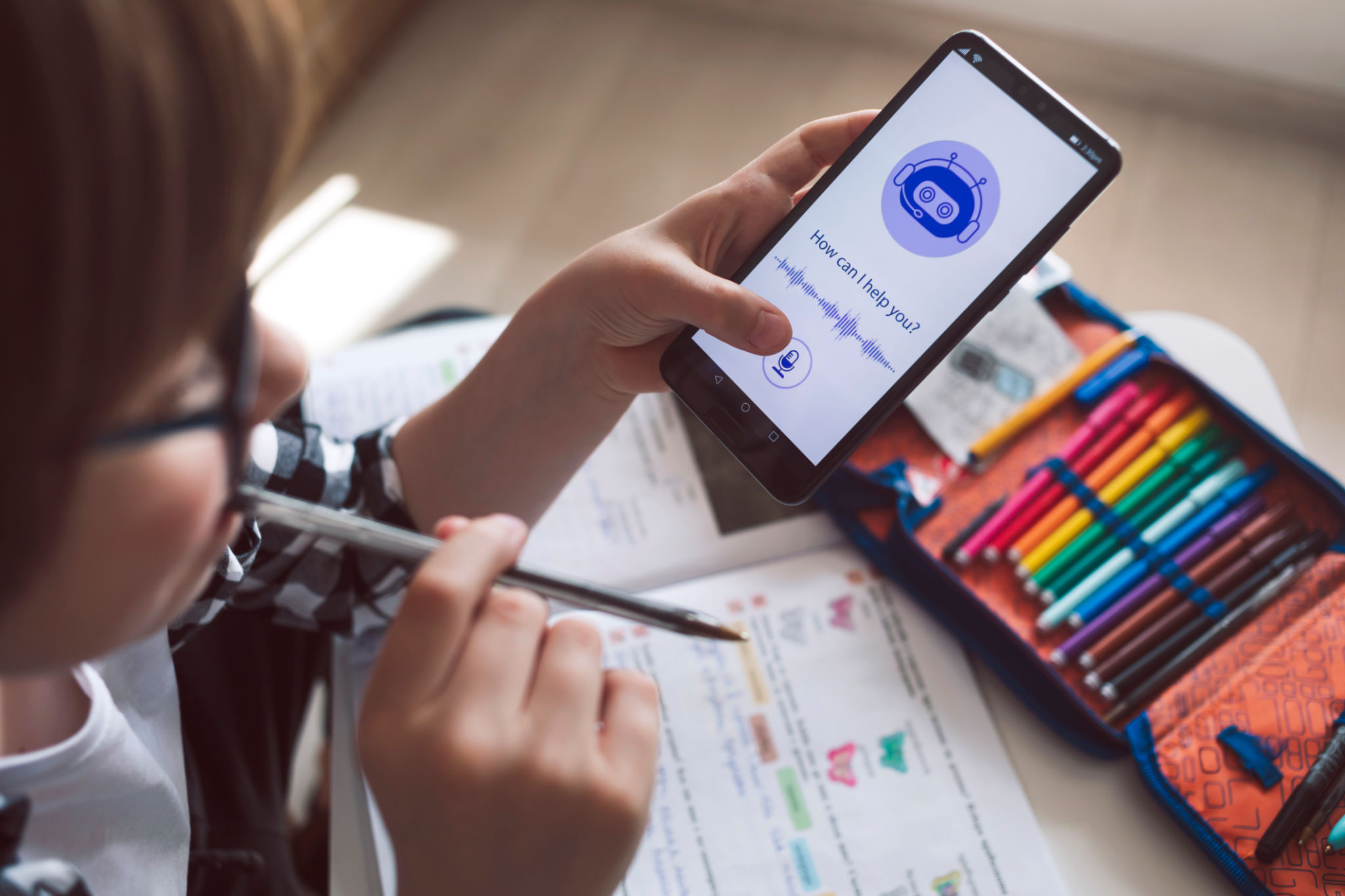Emerging Technologies in AI Teaching: Staying Ahead of the Curve
The Rise of AI in Education
Artificial Intelligence (AI) is transforming various sectors, and education is no exception. With the rapid advancements in AI, educational practices are evolving to become more personalized and efficient. Educators and institutions are integrating AI tools to enhance learning experiences, making it crucial to stay informed about these emerging technologies.

Personalized Learning Experiences
One of the most significant benefits of AI in education is the ability to provide personalized learning experiences. AI systems can analyze a student's learning style, pace, and preferences to tailor educational content specifically for them. This customized approach helps students grasp complex concepts more effectively and fosters a more engaging learning environment.
For example, AI-driven platforms can adapt in real-time to a student's progress, offering additional resources or challenges as needed. This ensures that learners remain engaged and motivated, ultimately leading to better educational outcomes.
Automating Administrative Tasks
AI technology is not only enhancing learning but also streamlining administrative processes. Tasks such as grading, scheduling, and managing student records can be automated, allowing educators to focus more on teaching and less on paperwork. This automation leads to increased efficiency and reduced errors in administrative duties.

Moreover, AI can assist in identifying students who may need additional support by analyzing performance data. This proactive approach enables educators to intervene early and provide the necessary assistance to help students succeed.
Interactive and Engaging Content
AI is revolutionizing the way educational content is delivered, making it more interactive and engaging. With the help of AI-powered tools, educators can create immersive learning experiences using virtual reality (VR) and augmented reality (AR). These technologies allow students to explore complex subjects in a more hands-on and interactive manner.
- Virtual Labs: Students can conduct experiments in a virtual environment, enhancing their understanding of scientific concepts.
- AR in History Lessons: Bringing historical events to life through augmented reality helps students visualize and connect with the past.

Adaptive Learning Platforms
Adaptive learning platforms are a game-changer in the educational landscape. These platforms use AI algorithms to analyze a student's interactions and performance, continuously adjusting the content to meet their learning needs. This dynamic approach ensures that students receive the right level of challenge and support at every stage of their education.
By leveraging data-driven insights, adaptive learning platforms can identify gaps in knowledge and offer targeted resources to bridge those gaps. This personalized approach not only enhances learning but also boosts student confidence and motivation.
The Future of AI in Education
As AI continues to evolve, its role in education is expected to expand. Future advancements may include more sophisticated AI tutors, enhanced language processing capabilities, and even more seamless integration with traditional educational methods. Staying ahead of these developments is essential for educators and institutions aiming to provide the best possible learning experiences.

Adopting emerging AI technologies in teaching is not just about keeping up with trends; it's about preparing students for a future where AI will play an integral role in various aspects of life. By embracing these innovations, educators can ensure that they are equipping students with the skills and knowledge needed to thrive in an increasingly AI-driven world.